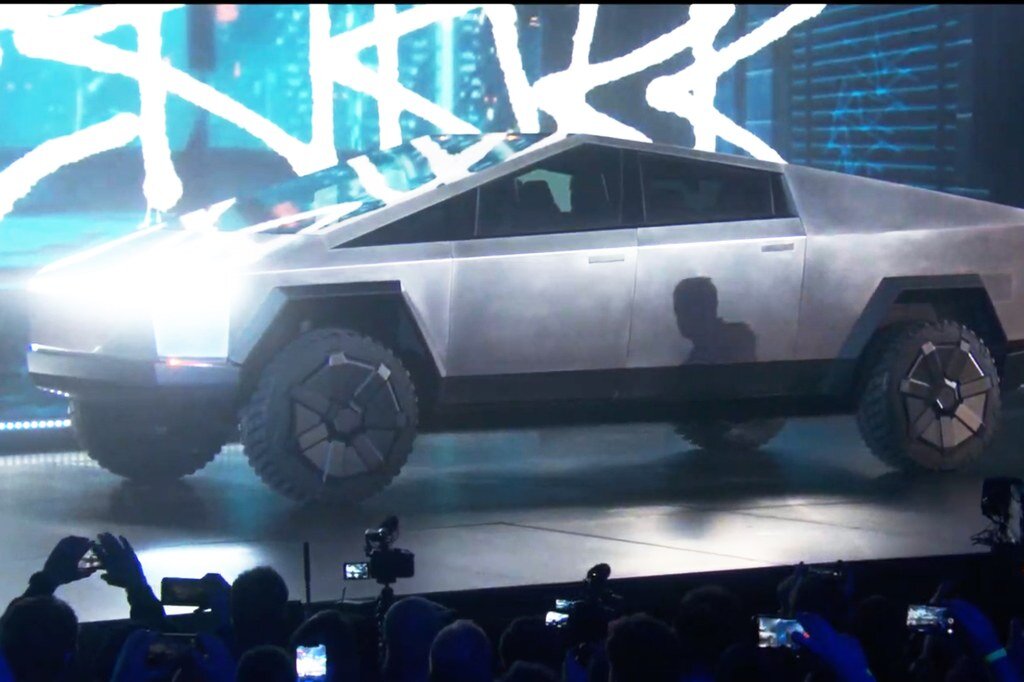Last week, the story broke that on May 7th, Tesla driver Joshua Brown lost his life as his 2015 Model S drove beneath a tractor trailer and was destroyed. It was the first fatality in an autonomous car and the National Highway Transportation Safety Administration ("NHTSA") is investigating the crash. New this week, Jean Eaglesham, Mike Spektor, and Susan Pulliam of the Wall Street Journal collaborated on a report which reveals that in addition to the NHTSA investigation, the Security and Exchange Commission is investigating whether or not Tesla Motors breached securities laws by not properly disclosing the details of the fatal May 7th crash to their investors.
"Tesla did alert NHTSA to the crash but it's unclear, what, if any notifications they sent to their investors aside from a discussion about how their technology, if caught malfunctioning, could affect their brand image."
For context, while Tesla's Autopilot reminds drivers to pay attention to the road, the May 7th crash was the first in which a human died while their vehicle was in autonomous mode. That's a tragic, but important moment in automotive history, especially for Tesla, which has built its brand on ushering in a new era of not only attractive and efficient cars, but of smarter cars, in the vein of smartphones, which can be updated and upgraded with new skills. Autopilot is probably the highest profile of those skills and has become the company's flagship feature. The fact that someone died while the functionality was in use would be of keen interest to investors as the NHTSA investigation, and the possibility that regulations or restrictions can come down on autonomous driving technologies or Tesla Motors as a company, could change the outlook for shareholders significantly, leading them to change how they planned on supporting, or not supporting the company with investment. To put it simply, this crash presents non-experts and experts alike uncertainty about the future of autonomous cars and the SEC wants to know whether Tesla communicated that effectively with its shareholders.
In addition to how shareholders would react, it’s important to note that Tesla recently raised money by selling more than $2 billion in stock, $598m of which belonged to Elon Musk. Would investors have purchased this stock if they knew about this fatal crash on 7 May? Maybe. Maybe not.
The issue here is whether the automaker did the proper thing with respect to disclosures of this issue. Certainly automakers do not report every fatal crash that takes place in their cars every quarter to their shareholders, so the question is asked, why would Tesla? That's usually a stat automakers leave to organizations like NHTSA and SAE International, the worldwide auto-association of engineers, which compile stats on this sort of thing.
What we do know is that Tesla Motors did add new language to the 10Q form they filed with the SEC on May 10th, just three days after the autopilot fatality-- language that alludes to knowledge of the potential impact of the May 7th crash and the press surrounding the NHTSA of Tesla and their autopilot feature. It reads:
“Claims related to any misuse or failures of new technologies that we are pioneering, including autopilot...could generate substantial negative publicity about our products and business...and would have material adverse effect on our brand business, prospects and operating results. We self-insure against the risk.”
Eight days later, on May 18th, Tesla sold $1.4 billion in stock. On the same day, Elon Musk sold $598 million in stock.
The question the SEC has is: With the potential damage to Tesla’s brand and perhaps their operations based on the May 7th crash and investigation, was their sale of stock in good faith? Did they make sure that buyers of that stock fully understood the risks that may threaten Tesla Motors’ future viability?
Only time will tell.
